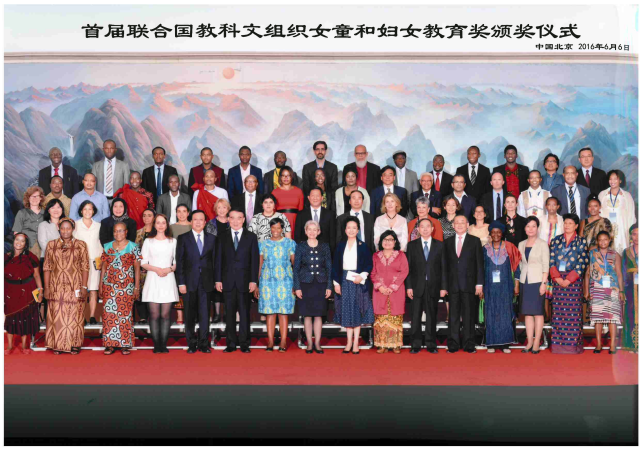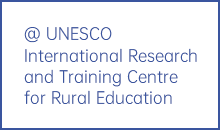On 25 September 2015, at the United Nations Summit on Sustainable Development, Member States agreed on a new vision for development. At the heart of the Sustainable Development Goals (SDGs) lies the principle of “leaving no one behind.” SDG 4 calls on countries to “Ensure inclusive and equitable quality education and promote lifelong learning opportunities for all,” and SDG 5 aims to “Achieve gender equality and empower all women and girls”. The Education 2030 Framework for Action, adopted by 184 Member States and the global education community, provides guidance for implementing SDG 4.
While significant progress has been made over the last decades in education, girls and women still make up the large majority of out-of-school children and illiterate adults. According to the latest data from the UNESCO Institute for Statistics [2014], 15 million girls will never set foot in a classroom. Out of the nearly 758 million illiterate adults, two-thirds are women, a percentage unchanged since 2000. Even where the enrolment gap is closed, many girls continue to drop out of school prematurely, especially during adolescence, making them vulnerable to abuse and deprivation and curtailing future opportunities in life.
The immense benefits of education on girls and women are widely recognised. These include increased decision-making capacity and improved employment opportunities, greater protection from violence and exploitation, and stronger communities and more inclusive societies.
The International Seminar on Girls’ and Women’s Education, held 4-6 June 2016 in Beijing, explored these benefits along with barriers to the achievement of gender equality in education. It provided a platform for dialogue on the role of education for girls and women, particularly in the context of the 2030 Agenda for Sustainable Development, and specifically in reaching SDG 4 and supporting the achievement of other SDGs. The event also marked the first award ceremony of the UNESCO Prize for Girls’ and Women’s Education, which honoured two laureates for their outstanding innovation and contributions to advancing girls’ and women’s education.

The Seminar brought together 85 local and international participants, including experts, researchers, policy-makers and Chinese government representatives, teachers and teacher training institution staff, UNESCO Headquarters, regional and country office staff, and women’s organizations representatives. Also present were individuals involved in the UNESCO Prize for Girls’ and Women’s Education, including the Chair, Jury members and Prize laureates, in addition to laureates of the UNESCO Confucius Prize for Literacy.
The following report present a synthesis of information that was shared during the seminar’s sessions, and the findings and recommendations originating from the exchanges.













